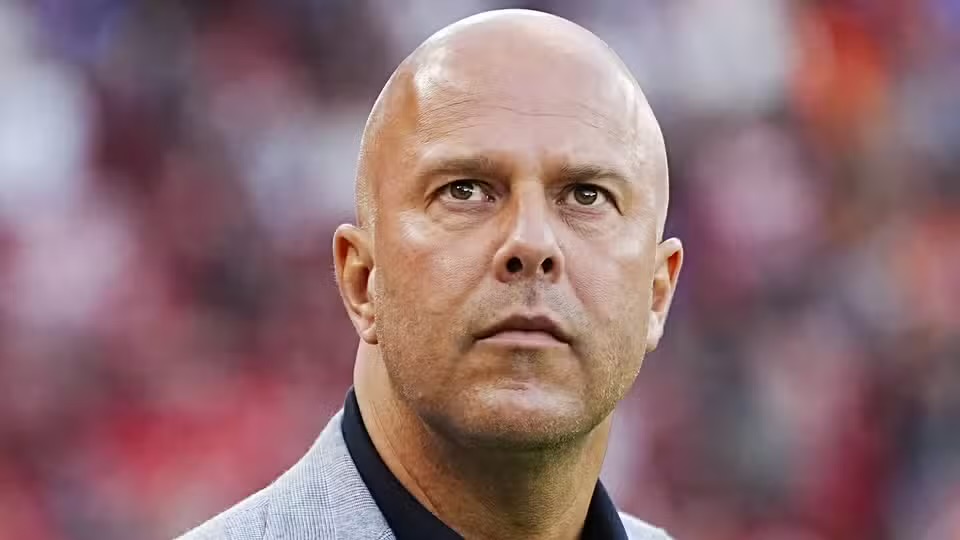Chelsea Takes Legal Action Against Liverpool Over Rising Star Rio Ngumoha
Seventeen-year-old Rio Ngumoha has rapidly become one of the Premier League’s most talked-about young talents. After scoring a dramatic winning goal for Liverpool in their 3–2 triumph over Newcastle in the second round of the league, Ngumoha recently signed his first professional contract with the Reds, securing his stay at Anfield until 2028. However, the transfer has sparked a legal dispute, as Chelsea have taken formal action against Liverpool, claiming they are owed compensation for the player who was previously part of their academy. The London club has even gone as far as prohibiting Liverpool scouts from attending Chelsea matches.
The dispute stems from Ngumoha’s formative years at Chelsea. The young forward joined the club as a child and developed under its renowned academy, which was revamped during Roman Abramovich’s tenure and is widely regarded as one of England’s elite youth setups. Despite impressing at youth level and earning the attention of Mauricio Pochettino, who advocated for a professional contract, Ngumoha chose to leave the club. He was wary of Chelsea’s new ownership strategy, which saw a heavy reliance on buying young talents from outside while selling homegrown players, leaving uncertain opportunities for academy graduates. Consequently, Ngumoha sought a path that offered clearer first-team prospects.
Liverpool emerged as a natural fit for Ngumoha’s ambitions. Following discussions with Manchester United, the teenager ultimately agreed to join the Reds in June 2024. Liverpool’s approach emphasized player development, citing examples of academy graduates like Alfie Gilchrist and Josh Achipong breaking into the senior squad. Ngumoha quickly impressed during training, earning his first senior start in January 2025 in an FA Cup match against Accrington, becoming Liverpool’s youngest player to feature in the competition. Liverpool manager Arne Slot lauded his composure and talent, praising Ngumoha for seizing opportunities and showcasing maturity beyond his years.
Ngumoha’s Premier League debut cemented his growing reputation. Coming on as a substitute in stoppage time against Newcastle, he scored the winning goal just four minutes later. The teenager described the moment as “surreal,” recalling the adrenaline of facing the goalkeeper one-on-one and hearing the crowd chant his name. Slot commended Ngumoha’s confidence, noting that even seasoned players offered advice on finishing techniques, yet the young forward executed instinctively, highlighting both natural ability and mental fortitude.
Despite following all Premier League protocols for youth transfers—including formal submissions, parental agreements, and independent evaluations—Chelsea insist on compensation for Ngumoha, citing regulations that reward clubs for developing young players. The case will be resolved by the Professional Football Compensation Committee (PFCC) during a scheduled hearing in December. This is not unfamiliar territory for Liverpool; precedent exists from similar cases involving Danny Ings in 2015 and Harvey Elliott in 2019, where compensation was awarded to previous clubs in recognition of their investment in developing the players. Chelsea are reportedly using these cases to justify their claim.
The controversy has also intensified tensions between the two clubs. Since October 2024, Chelsea has restricted Liverpool and Manchester United scouts from attending their youth fixtures. Industry insiders suggest that Chelsea was the first to implement such bans, prompting reciprocal measures from both Anfield and Old Trafford. The upcoming court hearing will determine not only the financial implications but could also influence future interactions between Premier League clubs regarding academy transfers.
Ngumoha’s story underscores both the opportunities and challenges facing young talents in elite football academies. While his rise is a testament to Liverpool’s youth integration strategy, it also highlights the delicate balance clubs must maintain between nurturing homegrown players and managing financial interests. With legal proceedings pending, all eyes will be on December’s hearing, which could set an important precedent in English football for player development, compensation, and cross-club recruitment.


